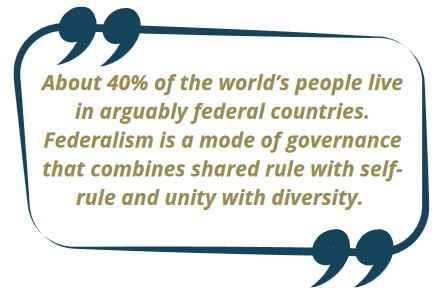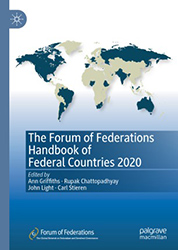Federalism is a governance system of self-rule and shared rule.
In other words, governance powers owers are divided and shared between a general government having certain nationwide, continent-wide, or worldwide responsibilities and regional governments with regional powers. This division of powers is combined with the authority to carry out those responsibilities on behalf of the people of the federal body.
The word “federal” comes from the Latin foedus which means covenant or treaty.
The Federal idea or covenant (agreement) signifies a binding governance partnership among co-equals in which the parties retain their individual identity and integrity while creating a new entity in the body politic that has its own identity and integrity.
Watch this Forum of Federations animated video called, “What is Federalism?” to get a basic understanding of Federalism.
To summarize: Federalism is both a structure and process of governance that establishes unity on the basis of consent while preserving diversity by constitutionally uniting separate political communities into a limited, but encompassing, polity.
Global scholars generally agree on which countries are federal but consider the federalism spectrum a range.
The Forum of Federations rates the following countries as federal along the federalism range. The Forum believes these countries meet the criteria of federal if not in full practice than by official/legal definition and characteristics.
Click on the buttons or the flags to read the history of each country and how and why they became federal in nature.
The Forum of Federations Handbook of Federal Countries 2020 is the global authoritative Handbook of federal countries. Order and read to understand the history, structure and political dynamics of each federal country.
Federalism offers numerous benefits by:
 Decentralizing Power
Decentralizing Power Promoting Tailored Policies
Promoting Tailored Policies Encouraging Experimentation
Encouraging Experimentation
 Protecting Minority Rights,
Protecting Minority Rights, Enhancing Resilience,
Enhancing Resilience, Balancing Regional Autonomy with National Unity
Balancing Regional Autonomy with National Unity
It is a system that recognizes the diverse needs and aspirations of different regions, fostering a more inclusive, responsive, and effective governance structure.
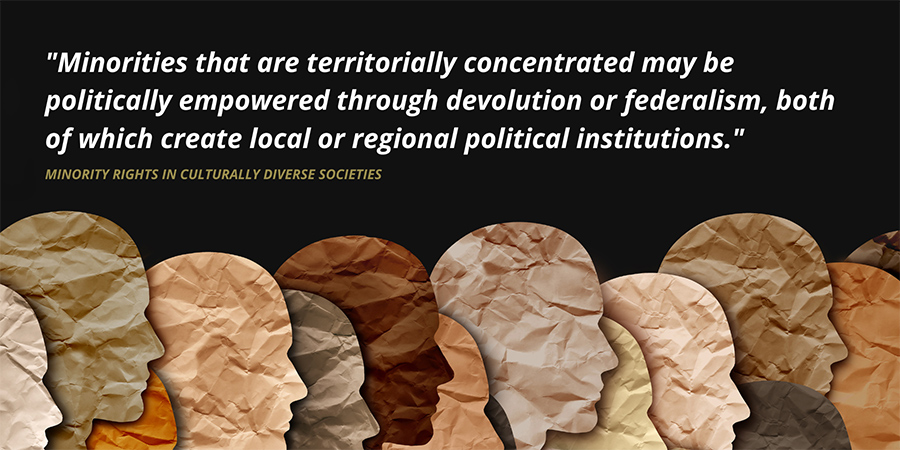
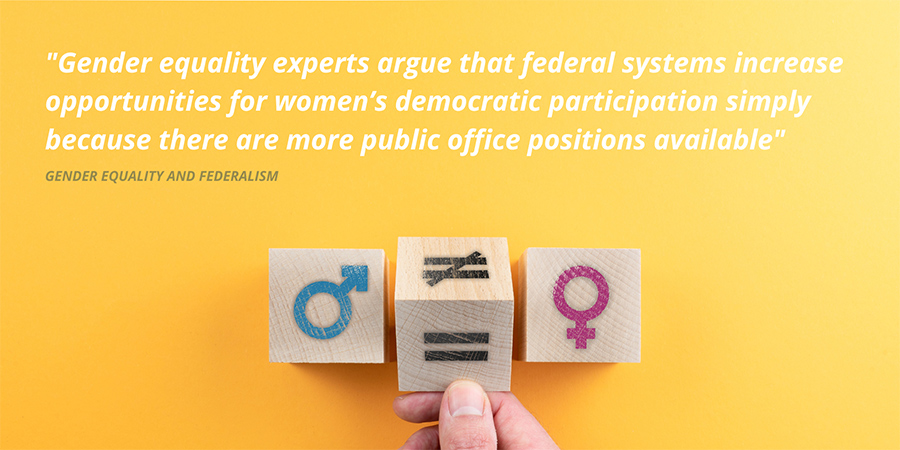
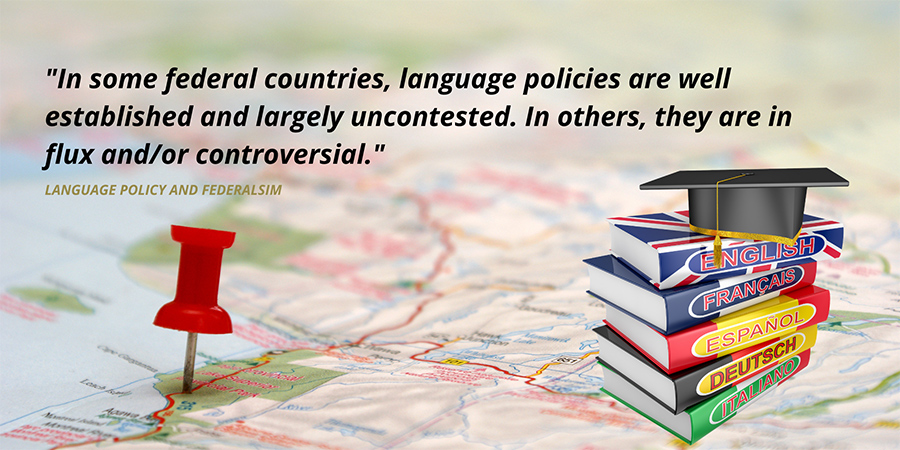
Now that we’ve read about the benefits of Federalism, let’s examine some of the challenges and potential pathologies associated with federalism:
- Power Struggles: Federalism divides power between the central government and regional or state governments. This distribution of power can sometimes lead to ongoing conflicts and power struggles between different levels of government. Disputes over jurisdiction, funding, and policy-making authority can hinder effective governance.
- Coordination and Collaboration: In a federal system, coordination and collaboration among different levels of government are crucial. However, achieving consensus and cooperation can be challenging. Conflicting priorities, policy differences, and partisan politics can hinder effective coordination, leading to delays, inefficiencies, and policy gridlock. A recent example of this phenomenon was how some federations coordinated their COVID response. For more on the success and challenges of federations managing the response to covid read this comprehensive Forum of Federations volume (picture-link)
- Duplication and Overlap: Federalism can result in duplication and overlap of responsibilities and functions between the central government and regional governments. This redundancy can lead to inefficiencies, increased bureaucracy, and wastage of resources. It can also create confusion among citizens and businesses regarding which level of government is responsible for specific issues.
- Policy Fragmentation: This can create challenges for businesses operating across regional boundaries, as they must navigate a patchwork of different rules and regulations. It can also hinder the implementation of national or coordinated policies.
 Federation of Rhodesia and Nyasaland (1953–1963)
Federation of Rhodesia and Nyasaland (1953–1963) West Indies Federation (1958–1962)
West Indies Federation (1958–1962) Mali Federation (1959–1960)
Mali Federation (1959–1960) Republic of the Congo (Léopoldville) (1960–1964)
Republic of the Congo (Léopoldville) (1960–1964) Federal Republic of Cameroon (1961–1972)
Federal Republic of Cameroon (1961–1972) United Republic of Tanzania (1964–1965)
United Republic of Tanzania (1964–1965) Czechoslovak Socialist Republic[31] (1969–1992)
Czechoslovak Socialist Republic[31] (1969–1992) Federal Republic of Yugoslavia (1992–2003)
Federal Republic of Yugoslavia (1992–2003)
For more on this topic read “Sources of Stress” in federations in Chapter 13 of R Watts Comparing Federal Systems, 3rd edition, MQUP (2008).


